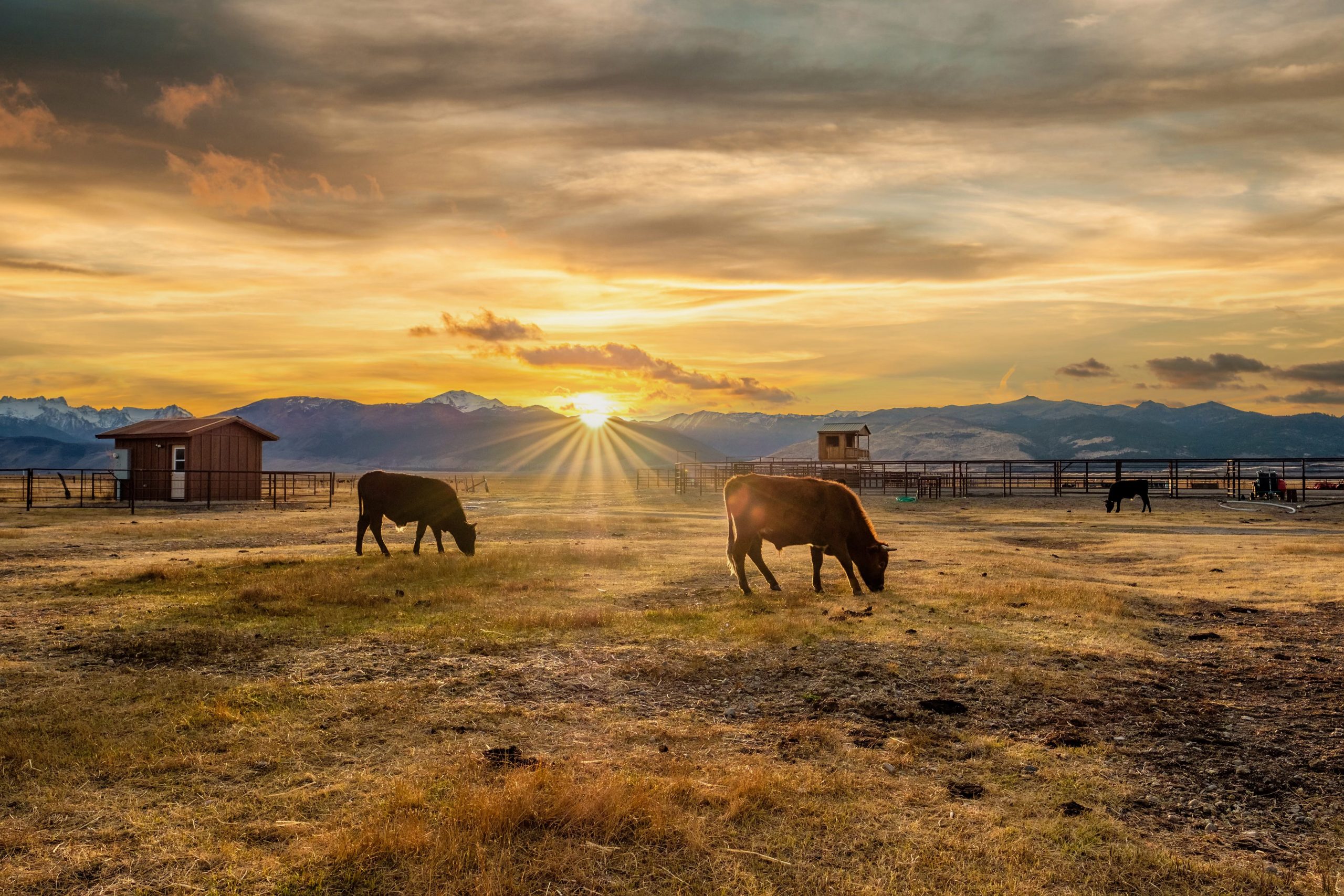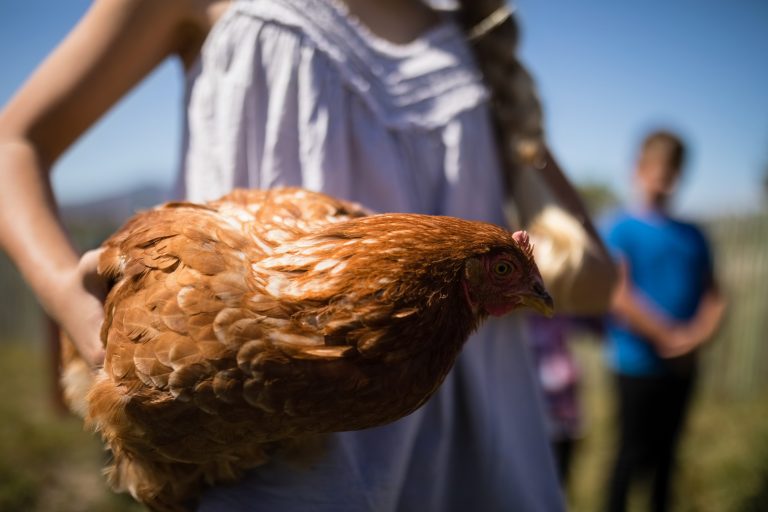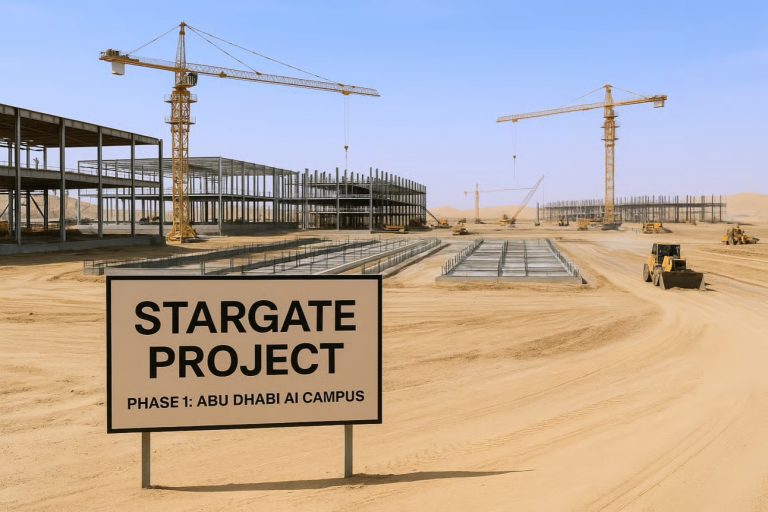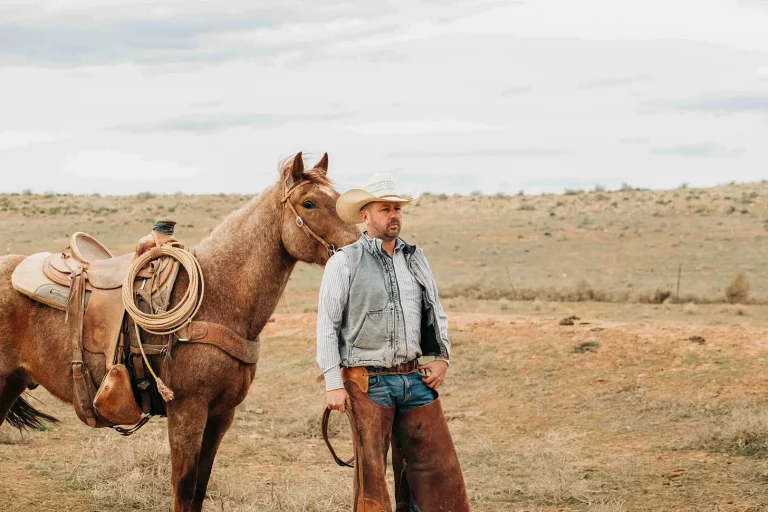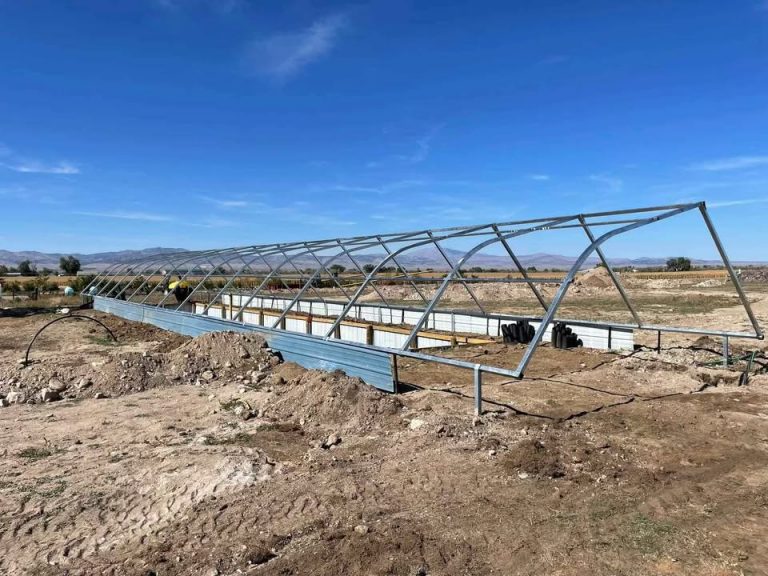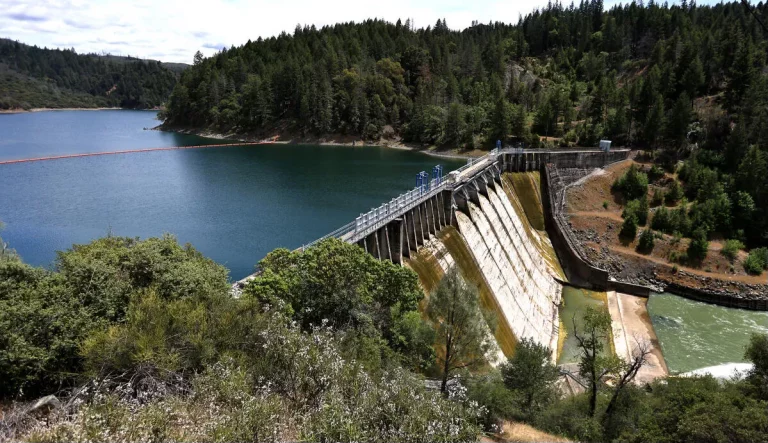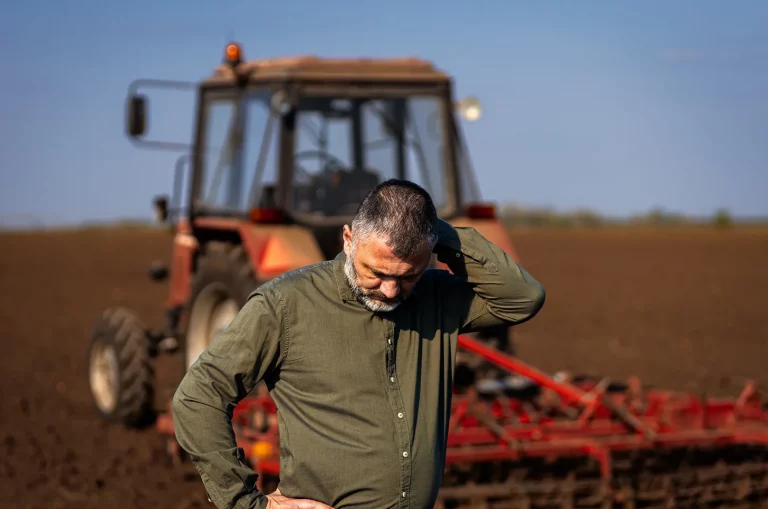Colorado’s Ballot Proposal Is a Trojan Horse for Land Seizure, Not Conservation
New Government Agency a plan to end farming, ranching, and private land ownership.
Originally Published on Yanasa TV Substack – May 13, 2025
There’s something happening in Colorado that should send chills down the spine of every farmer, rancher, and private landowner in the American West. Under the noble-sounding banner of “wildlife biodiversity protection,” a new ballot initiative is gaining traction—one that could obliterate private property rights, agricultural viability, and democratic governance in the state.
A Proposal Without Representation
At the heart of the proposal is the creation of a new governing body—the Wildlife and Ecosystem Conservation Commission (WECC). But here’s the catch: not a single member of this commission can have any financial ties to agriculture, energy, or development. In other words, the very people whose livelihoods depend on land use will be silenced and excluded from the decision-making process about that land.
This unelected commission would wield sweeping authority to inspect, investigate, subpoena, and even refer landowners for prosecution. Farmers and ranchers who have cared for and conserved Colorado’s land for generations would be treated as intruders on their own property.
The Real Agenda: Control
Make no mistake—this is not about conservation. It’s about control. The WECC would be allowed to override local governments, halt rural development, and impose fines and penalties to fund its own operations. Even more alarming, 30% of these penalties would be funneled into land acquisition—allowing the state and its partners to buy up private land using the very fines they levied against landowners.
Colorado’s rural communities already face mounting pressure from urban majorities that neither understand nor appreciate the work it takes to produce food. This proposal escalates that pressure into a full-blown power grab.
Trojan Horse: Wildlife Corridors
Disguised as a conservation effort, the plan includes the creation of a “statewide wildlife corridor network.” Once established, any land—public or private—near these corridors would be subject to strict new rules: fencing restrictions, buffer zones, ecological compliance plans, and annual government inspections. Even voluntary participation would come with regulatory shackles.
Sound familiar? Ranchers in Point Reyes, California, were promised long-term leases and conservation partnerships—only to be kicked off their land once environmentalists gained the upper hand.
The Dangers of Unelected Power
Perhaps the most dangerous part of the WECC proposal is its lack of accountability. None of its members would be elected. They’d be appointed by universities, policy groups, and environmental organizations. This strips power from voters and places it into the hands of ideologically driven bureaucrats with no connection to the land or its stewards.
This is an affront to democracy. It sets a precedent that private property can be governed by activists, not citizens. It weaponizes the legal system to financially bleed landowners dry. And it invites regulatory overreach under the guise of “science-based conservation.”
We Must Say No—Loudly and Early
Colorado’s Wildlife and Biodiversity Protection Act is not just another policy—it is a roadmap for dismantling rural life. If this passes, it won’t stop at Colorado. Similar initiatives will pop up in other states, emboldened by success and funded by ideologues with little stake in the land they seek to control.
The agricultural community must act now. Speak up. Educate your neighbors. Expose the fine print. This isn’t about preserving nature—it’s about preserving power.
And for those of us watching from neighboring states, let this be a warning. What starts in Colorado could soon knock on your door. When unelected commissions begin to dictate how land is used, democracy has already begun to die.
Defend the right to farm. Defend the right to own. Defend the right to live free.
Video Summary
A proposed Colorado committee and new government initiatives threaten private land ownership and agricultural livelihoods by imposing regulatory control under the guise of wildlife conservation and environmental protection.

